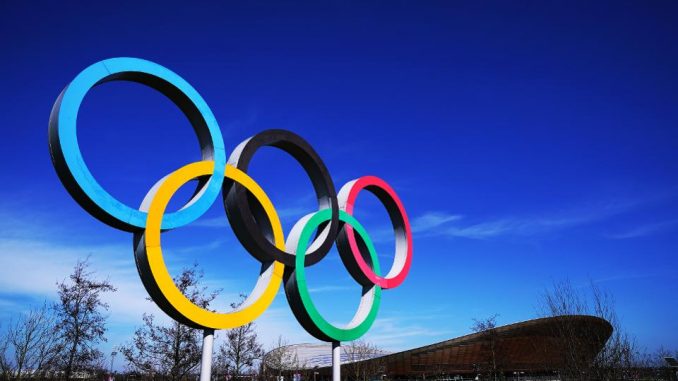
Daniella Fishman, Staff Writer |
On the morning of March 24, Japan officially announced the postponement of the 2020 Summer Olympic Games. In an official statement, the International Olympic Committee (IOC) stated that the games “must be rescheduled to a date beyond 2020 but not later than summer 2021, to safeguard the health of the athletes, everybody involved in the Olympic Games and the international community.” With growing coronavirus concerns, sports fans around the world have expressed concerns that the postponement of the 2020 Summer Olympic Games may alter the initial scheduling of other Olympic games, such as the Para-Olympics and other events allowing athletes to qualify. The summer games were originally set to take place this year in Tokyo, Japan. Before now, the Olympic Games have never been postponed more than one day before.
Japan’s prime minister, Shinzo Abe, addressed Japan’s upper house of Parliament, stating, “The IOC’s decision is along the lines of what I said before, of holding the event in its complete form. If that becomes difficult — and thinking first about the health of the athletes — we may have no option but to consider postponing the Games.” This March 22 announcement comes days after the IOC initially announced they were discussing possible postponement.
Canada and Australia pulled their athletes out of attending the Summer Games prior to the postponement announcement. Both countries have stated that taking out the athletes is done solely out of concern for their safety, their families and the country’s people. In the respective addresses to their citizens, both countries urged Japan to consider postponing the games. This could prove to be beneficial for athletes as their training schedules have been halted due to public space closures, such as gyms and other training facilities.
Japan has spent an estimated $40 billion in preparation for the 2020 Tokyo Summer Games. This postponement could mean an estimated $6 billion financial loss. With the games being postponed, this marks the first time in history that the Olympic Games have been disrupted due to a global emergency. Many fans are worried that postponement could disturb the usual scheduling of future games. IOC President Thomas Bach cited the many challenges postponement could bring up: “A number of critical venues needed for the Games could potentially not be available anymore… The situations with millions of nights already booked in hotels are extremely difficult to handle, and the international sports calendar for at least 33 Olympic sports would have to be adapted.”
The Olympic Games have only been subject to cancellation three times, once during the 1916 games due to World War I and then again in 1940 and 1944, both as a result of World War II. Past postponements only lasted for one day as seen in the 1972 Munich Olympic games due to the infamous terror attacks and again during the 1996 Atlanta Centennial Olympic Park bombing.
In this current historic move, we are now witnessing the coronavirus concerns reach every aspect of modern-day life, and it is a waiting game to see how it will all pan-out.
Leave a Reply